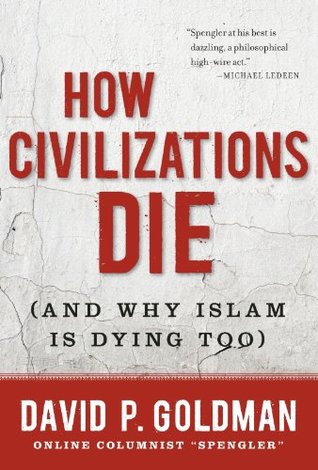But things are not as simple as they seem in the standard account of the violence that soured the West on theopolitics. For—as we shall see—the nation-states that opposed universal empire were founded on a contending kind of faith, a fanatical form of national self-worship whose internal logic was not played out until world war and genocide in the twentieth century, and the collapse of faith and fertility in the twenty-first. But when Thomas Hobbes published his great book Leviathan three years after the end of the Thirty Years’ War, it seemed credible that “the papacy is no other than the
But things are not as simple as they seem in the standard account of the violence that soured the West on theopolitics. For—as we shall see—the nation-states that opposed universal empire were founded on a contending kind of faith, a fanatical form of national self-worship whose internal logic was not played out until world war and genocide in the twentieth century, and the collapse of faith and fertility in the twenty-first. But when Thomas Hobbes published his great book Leviathan three years after the end of the Thirty Years’ War, it seemed credible that “the papacy is no other than the ghost of the deceased Roman Empire, sitting crowned upon the grave thereof.” One powerful attraction of the Hobbesian revolution in political thinking was the power it promised to intellectuals. If politics reduces the individual to his material concerns, then it is possible to manipulate the individual through the alternation of his material circumstances. A clever elite could fix all the problems of the world. Immanuel Kant boasted in 1793 that he could write a constitution for a race of devils, “if only they be rational.” Europe ignored him and proceeded to destroy itself in the Napoleonic Wars and the two World Wars of the past century. Today, as in Kant’s time, the great frustration in world affairs is the refusal of some players to act rationally. Something was gained, but much more was lost, in the seventeenth-century Hobbesian revolution in political thought. To view human beings...
...more
This highlight has been truncated due to consecutive passage length restrictions.
as creatures concerned solely with power, wealth, and security is an impoverished anthropology.


